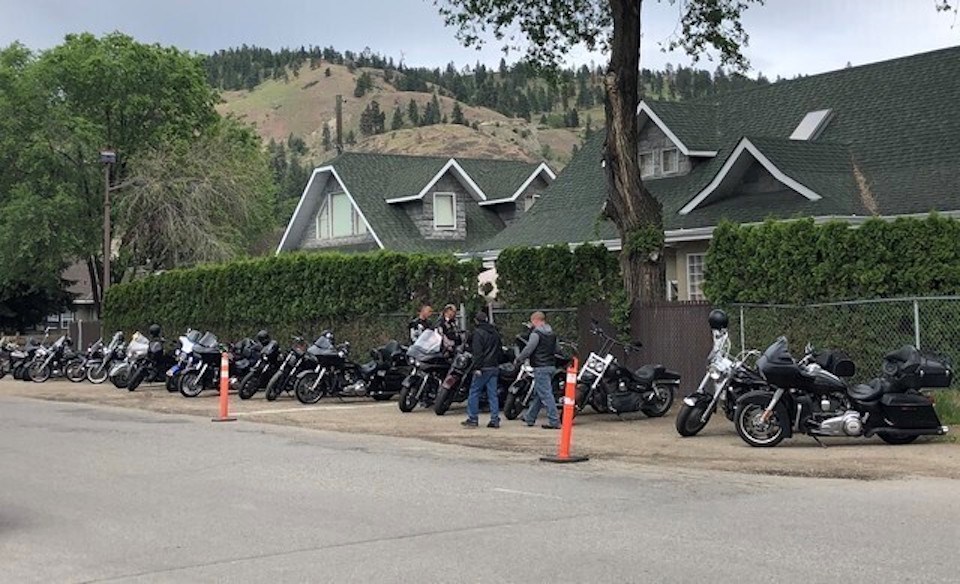Three B.C. Court of Appeal justices are hearing the B.C. Government's appeal of a high-profile civil forfeiture case this week involving three Hells Angels' clubhouses, including the one in Kelowna's North End.
In June 2020, B.C. Supreme Court Justice Barry Davies ruled against the B.C. Civil Forfeiture Office in its attempt to seize Hells Angels' clubhouses in Kelowna, Nanaimo and East Vancouver.
The government had claimed the clubhouses would be used in the future to engage in unlawful activity, but close to 13 years after the Civil Forfeiture Office filed the first proceedings, and after a year-long trial, Justice Davies dismissed the government's actions. He also ruled the part of the Civil Forfeiture Act that relies on property that is “likely to be used in the future to engage in unlawful activity” is unconstitutional, as it is outside of the province's jurisdiction.
The B.C. Government appealed Justice Davies' ruling shortly after it was delivered, and this week, Justices Mary Newbury, Christopher Grauer and Leonard Marchand are hearing submissions in the appeal.
It's not clear when the appeals court will make a ruling on the high-profile case. If the B.C. Government is successful in the appeal, a second trial could be ordered, or the Appeals justices could rule the properties simply be forfeited.
The Civil Forfeiture Act became law in B.C. in 2005, and allows the government to seize property that's alleged to be connected to criminal offences. The government can proceed with forfeitures whether or not criminal charges have been laid against an individual. While forfeiture matters are heard in civil court, where the standard of proof is on a “balance of probabilities,” criminal matters are decided on the higher bar of “beyond reasonable doubt.”
The attempted seizure of the Hells Angels' clubhouses has been winding its way through the justice system for 15 years.
The B.C. Civil Forfeiture Office first brought the case against the Hells Angels in 2007, in an attempt to seize their Nanaimo clubhouse. In August 2012, police raided the club's Kelowna clubhouse at 837 Ellis Street, and the province began forfeiture proceedings against it, and the Hells Angels' East Vancouver clubhouse, several months later.
Back in 2014, Justice Davies called the series of pretrial applications in the matter “never-ending."
The clubhouses have continued to be used by the Hells Angels, although the assets have been frozen since 2016.
While the government initially alleged the clubhouses had been used in unlawful activity in the past and were likely to be used in the future to engage in unlawful activity, the Civil Forfeiture Office narrowed its allegations in August 2015, only claiming the properties would be used in the future to carry out crimes.
Ultimately, Justice Davies ruled this aspect of the Civil Forfeiture Act is unconstitutional, but the government has been able to continue to rely on this aspect in other civil forfeiture cases, pending the result of this appeal.
Submissions in the appeal are scheduled to carry through to Friday.




